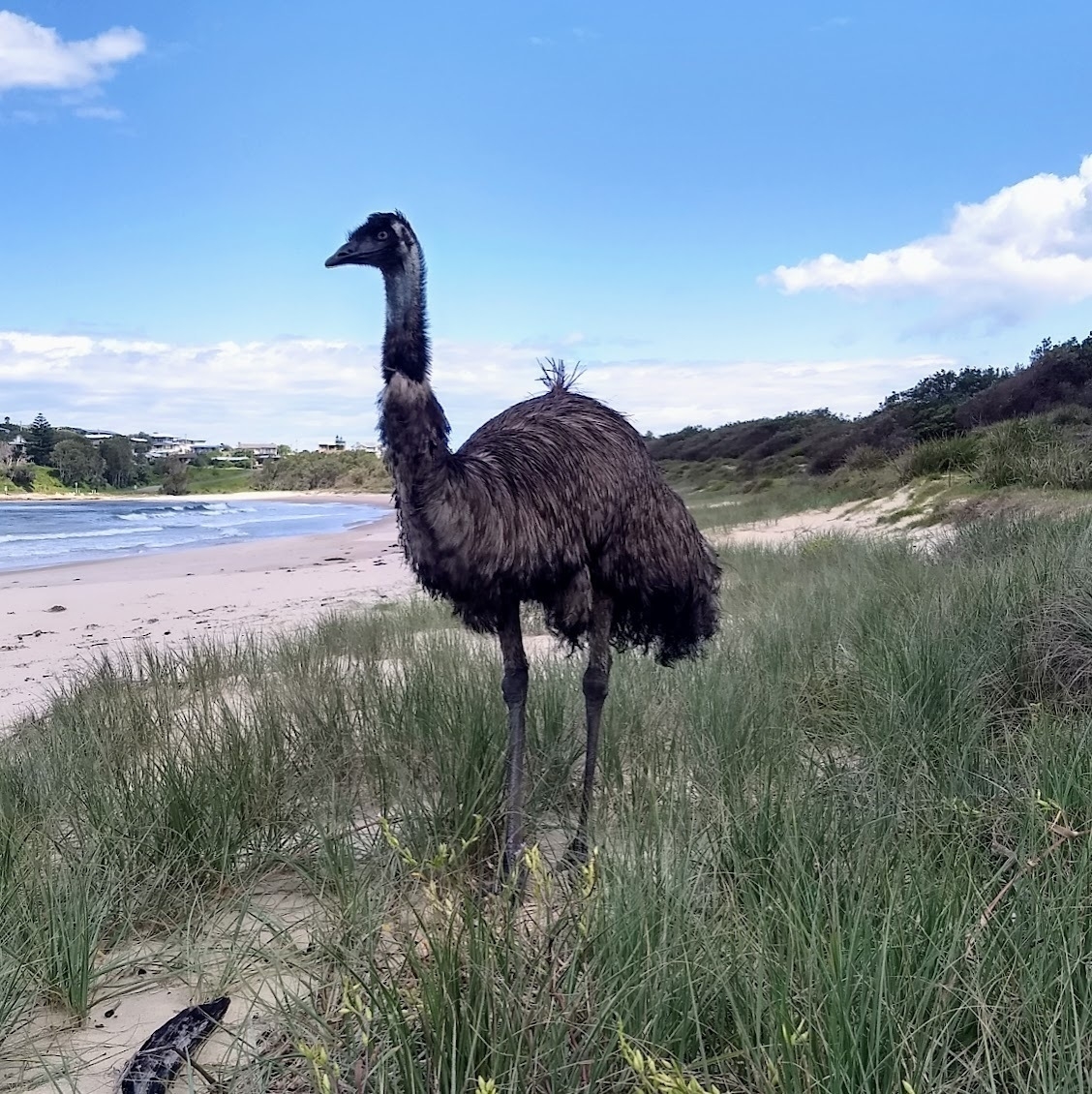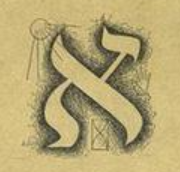Publish first, write later

“Literature is perhaps nothing more complicated and glorious than the act of writing and publishing, and publishing again and again."
- Marcelo Ballvé, on the curious writing career of César Aira
César Aira on the constant flight forward
Argentinian author César Aira’s writing process is more about action than reflection. In a moment I’m going to share with you an extract from The Literary Alchemy of César Aira, an essay by Marcelo Ballvé, originally published in The Quarterly Conversation in 2008.
But before coming to the extract, I’ll just comment on David Kurnick’s claim in Public Books that Aira’s work is primarily about process:
“It is not in the least original to begin talking about César Aira’s work by recounting the technique that produces it. But it can’t be helped: Aira has made a discussion of his practice obligatory. To read him is less to evaluate a freestanding book, or a series of them, than to encounter one of the most extraordinary ongoing projects in contemporary literature.”
True, I’m not being at all original here, just cutting and pasting. Still…

Aira’s own Aleph
It’s as though through his writing Aira has found the basement in Buenos Aires that contains the entire universe in condensed form, the basement that features in Borges’s 1945 story “The Aleph”.
And having found that fabled basement, it’s as though Aira has taken on the persona of Carlos Argentino Daneri, the character in Borges' story whose life’s obsessive goal is to write a poetic epic describing each and every location on Earth in perfect detail.
But instead of taking the find seriously, Aira parodies it. Everything is here: and what do you know? None of it makes sense! Or, perhaps instead of parodying “The Aleph”, he takes it completely seriously: Why not write about it, about all of it? What then? In an interview in 2017 for the New Yorker, Aira said: “I am thinking now that maybe . . . maybe all my work is a footnote to Borges.”
Of course I’m not just cutting and pasting. I’m writing too. Aira also inspires my own writing process. His example inspires me to choose my own race - and finish it.
One of my role models is the Argentinian author César Aira. He’s written a very large number of novels and novellas (at least 80 - around two to five per year since 1993), published by a variety of presses. That’s a lot of races and a lot of finish lines crossed.
Now here’s Marcelo Ballvé on Aira’s unique writing process.
According to Aira, he never edits his own work, nor does he plan ahead of time how his novels will end, or even what twists and turns they will take in the next writing session. He is loyal to his idea that making art is above all a question of procedure. The artist’s role, Aira says, is to invent procedures (experiments) by which art can be made. Whether he executes these or not is secondary; Aira’s business is the plan, not necessarily the result. Why is procedure all-important? Because it is relevant beyond the individual creator. Anyone can use it.
Aira’s procedure, which he has elucidated in essays and interviews, is what he calls el continuo, or la huida hacia adelante. These concepts might be translated into English as “the continuum,” and a “constant flight forward.” Editing is an abhorrent idea in the context of Aira’s continuum. To edit oneself would be to retrace one’s steps, go backwards, when the idea is to always move forward. To judge yesterday’s writing session, to censor a lapse into the absurd or the irrational, to revive a character your work-in-progress sent tumbling over a cliff—all of these actions go against Aira’s procedure. Instead, the system prioritizes an ethic of creative self-affirmation and, I would say, optimism. To labor to justify previous work with more strange creations that in turn establish the need for ever more artistic high-wire acts in the future—this is the continuum, the high-wire act the artist must perform when he refuses to submit to any rule that is not his autonomously chosen procedure. It is an act performed with deep abysses yawning to each side of him—conformity, market pressures, conventionality, self-repression of all kinds . . . In other words, Aira’s literary career, embodied in each of his 63 novels, is a reckless pursuit of artistic freedom.
Aira says that when he sits down to write his daily page or two, he writes pretty much whatever comes into his head, with no strictures except that of continuing the previous day’s work. (The spontaneous feel of his stories would seem to back up this claim, but I’ve always asked, can anyone write as well as Aira does while simply letting the pen ramble?)
True, his books are very short. Aira says in interviews that he’s often tried to make his novels longer, but they seem to come to a natural rest at around the 100-page mark. Technically, much of what Aira has written would have to be classified in the novella category, but it’s hard to classify Aira’s work within any genre, be it story, novel, or novella. In my mind, Aira’s creations are something different altogether. They are stories, pure and simple, which Aira has managed to ennoble by seeing them into publication in the form of a single book. What he has done is put stories into circulation as objects, which is a defiant feat when seen in the context of a global literary market that demands hefty, sprawling, “big” novels.
The key to Aira’s curious career, I think, is to be found in his conception of literature as something with more affinities to the realm of action than the inner world of reflection. Literature is perhaps nothing more complicated and glorious than the act of writing and publishing, and publishing again and again. Editing is dispensable, so is the search for the “right” publisher. (Aira publishes seemingly with whomever shows any interest in his manuscripts; at least a dozen publishers, most of them small independents, in Argentina alone.) The idea seems to be: publish first and ask questions later…In fact Aira’s mentor, the deceased Argentine poet and novelist Osvaldo Lamborghini had a saying: “Publish first, write later.”
Extracted from The Literary Alchemy of César Aira, by Marcelo Ballvé. The Quarterly Conversation
César Aira’s main publisher in English is New Directions. They’ve published about 21 of Aira’s works in translation, while And Other Stories has published another half-dozen.
Now read: Choose your own race